Filter by
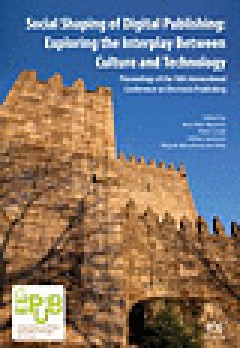
Social shaping of digital publishing: exploring the interplay between cultur…
The processes and forms of electronic publishing have been changing since the advent of the Web. In recent years, the open access movement has been a major driver of scholarly communication, and change is also evident in other fields such as e-government and e-learning. Whilst many changes are driven by technological advances, an altered social reality is also pushing the boundaries of digital …
- Edition
- -
- ISBN/ISSN
- 9781614990659
- Collation
- -
- Series Title
- -
- Call Number
- 070.5797 SOC s
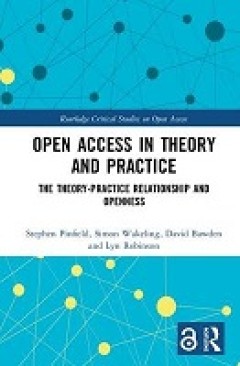
Open access in theory and practice: the theory-practice relationship and open…
"Open Access in Theory and Practice investigates the theory-practice relationship in the domain of open access publication and dissemination of research outputs. Drawing on detailed analysis of the literature and current practice in OA, as well as data collected in detailed interviews with practitioners, policymakers, and researchers, the book discusses what constitutes “theory”, and how th…
- Edition
- -
- ISBN/ISSN
- 9780429276842
- Collation
- xii, 244p.: ill.
- Series Title
- -
- Call Number
- 286.063 PIN o
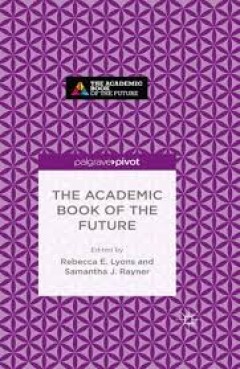
The academic book of the future
edited by Rebecca E. Lyons, Research Associate, University College London, UK and Samantha J. Rayner, Senior Lecturer in Publishing, University College London, UK.
- Edition
- -
- ISBN/ISSN
- 9781137595775
- Collation
- xii, 120 pages ; 23 cm
- Series Title
- -
- Call Number
- 791.4
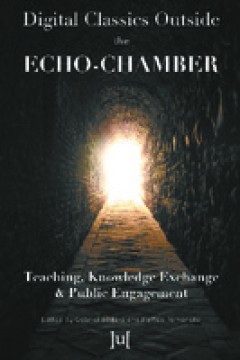
Digital classics outside the echo-chamber : teaching, knowledge exchange and …
This volume, edited by the organizers of the “Digital Classicist” seminars series, presents research in classical studies, digital classics and digital humanities, bringing together scholarship that addresses the impact of the study of classical antiquity through computational methods on audiences such as scientists, heritage professionals, students and the general public. Within this conte…
- Edition
- -
- ISBN/ISSN
- 9781909188471
- Collation
- XII, 221 p.
- Series Title
- -
- Call Number
- 070.5 DIG d
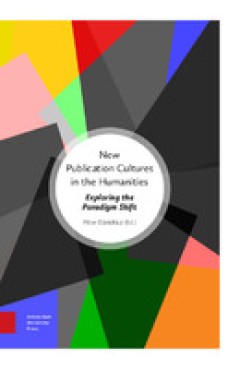
New publication cultures in the humanities : exploring the paradigm shift
The changes we have seen in recent years in the scholarly publishing world - including the growth of digital publishing and changes to the role and strategies of publishers and libraries alike - represent the most dramatic paradigm shift in scholarly communications in centuries. This volume brings together leading scholars from across the humanities to explore that transformation and consider t…
- Edition
- -
- ISBN/ISSN
- 9789089645647
- Collation
- 211 p.
- Series Title
- -
- Call Number
- 070.5797 NEW n
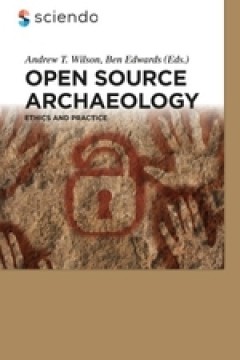
Open source archaeology : ethics and practice
This edited volume is designed to discuss important issues around open access to data and software in academic and commercial archaeology, as well as to summarise both the current state of theoretical engagement, and technological development in the field of open-archaeology.
- Edition
- -
- ISBN/ISSN
- 9783110440171
- Collation
- 160 p.
- Series Title
- -
- Call Number
- 930.1 OPE p
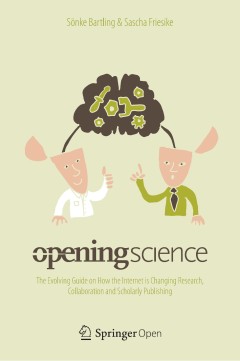
Opening science : the evolving guide on how the Internet is changing research…
Modern information and communication technologies, together with a cultural upheaval within the research community, have profoundly changed research in nearly every aspect. Ranging from sharing and discussing ideas in social networks for scientists to new collaborative environments and novel publication formats, knowledge creation and dissemination as we know it is experiencing a vigorous shift…
- Edition
- -
- ISBN/ISSN
- 9783319000268
- Collation
- ix, 339p. : ill.
- Series Title
- -
- Call Number
- 502.854678 OPE o
Libraries driving access to knowledge
This book is a must for librarians with international interest in access to knowledge. It includes a collection of 15 chapters written by authors from all over the world and covers different approaches to the vital role of libraries driving access to knowledge. There are chapters that offer solutions and ideas to enable libraries to become the knowledge engine in society. Other chapters discuss…
- Edition
- -
- ISBN/ISSN
- 9783110263121
- Collation
- 402p. : illustrations ; 24 cm.
- Series Title
- IFLA publications, 151
- Call Number
- 021.2 LAU l
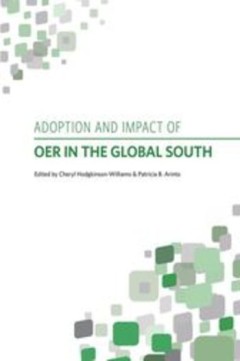
Adoption and impact of OER in the Global South
Education in the Global South faces several key interrelated challenges, for which Open Educational Resources (OER) are seen to be part of the solution. These challenges include: unequal access to education; variable quality of educational resources, teaching, and student performance; and increasing cost and concern about the sustainability of education. The Research on Open Educational Resourc…
- Edition
- -
- ISBN/ISSN
- 9781928331483
- Collation
- xiii, 592p. : ill.
- Series Title
- -
- Call Number
- 378.17344678 ADO a
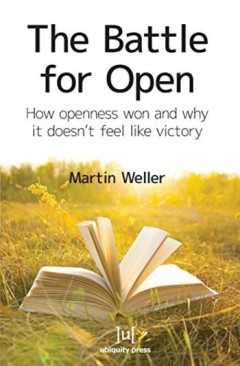
Battle for Open: How openness won and why it doesn't feel like victory
With the success of open access publishing, Massive open online courses (MOOCs) and open education practices, the open approach to education has moved from the periphery to the mainstream. This marks a moment of victory for the open education movement, but at the same time the real battle for the direction of openness begins. As with the green movement, openness now has a market value and is su…
- Edition
- -
- ISBN/ISSN
- 9781909188365
- Collation
- x, 232p. : ill.
- Series Title
- -
- Call Number
- 378.17344678 WEL b
 Computer Science, Information & General Works
Computer Science, Information & General Works  Philosophy & Psychology
Philosophy & Psychology  Religion
Religion  Social Sciences
Social Sciences  Language
Language  Pure Science
Pure Science  Applied Sciences
Applied Sciences  Art & Recreation
Art & Recreation  Literature
Literature  History & Geography
History & Geography